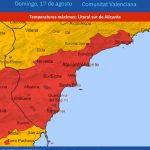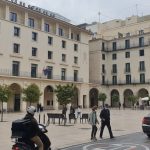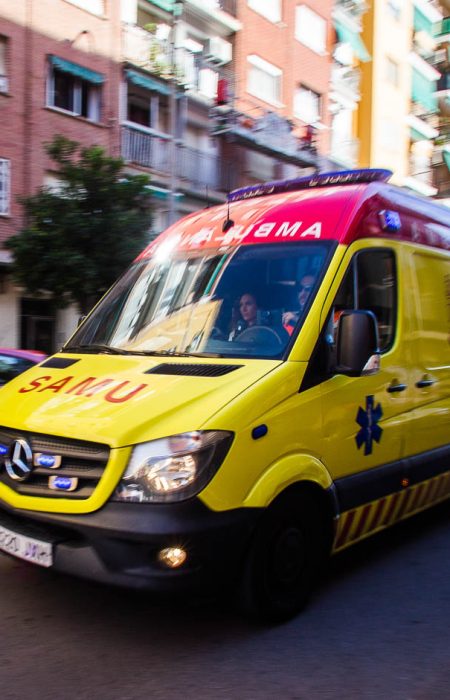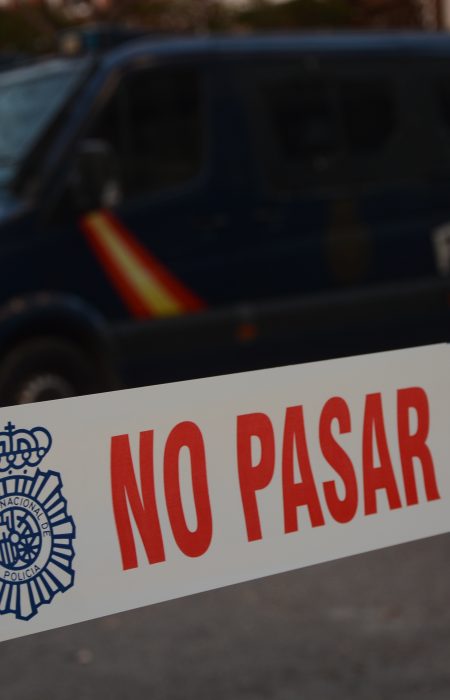The local government board approved the modification of the Council’s strategic subsidy plan to include a €300,000 allocation. The municipality will use this allocation to initiate direct aid for the birth or adoption of children with the objective of promoting birth rates.
The initial fee for each birth or adoption will be €450, although the regulations have not yet been authorised. This fee will be incorporated into the 2024 annual payment. The proposal implies a maximum distribution of aid for 600 prospective applications, as determined by the demographic statistics of the municipality.
According to sources from the Popular Party’s governing team the board’s decision authorised the Council to process these grants as its own responsibility, without the necessity of requesting a non-duplication report from the Generalitat (despite the regional government having a similar subsidy line). This was done to prevent significant delays in processing.
Social Services
Óscar Urtasun, the Councillor for Social Services, has been a member of the Torrevieja Popular Party’s governing team since 2023. He is particularly dedicated to the promotion of birth rates and the benefits of large families. He was previously the president of the Alicante Association of Large Families (ASAFAN), an organisation that has since established its own headquarters in the heart of Torrevieja and provides a series of municipal assistance that has expanded annually. Approximately 900 families are presently registered with the general title in Torrevieja, while 70 families have the special title.
The municipal census data, which was employed to determine eligibility for this assistance, is more extensive. In January of last year, the municipal census recorded a population exceeding 106,000 individuals.
The ten municipalities within the scope of Torrevieja University Hospital recorded 1,057 births, with approximately half of the mothers being Torrevieja residents.
Assistance with all matters
For decades, the Torrevieja Council has been notably innovative in its implementation of public subsidies for various groups. The more generic and with fewer requirements, the better, in order to reach a greater number of residents. The free urban transport for registered residents, which will soon be phased out with the new service, and the popular “paguicas” (small payments) are among the oldest. Initially, these were granted with no requirement other than being a pensioner, but they are now heavily restricted.
They must now surmount the requirement that there be no duplication with other subsidies offered by the regional or state administration, which has substantially restricted the number of applicants in the case of “small payments.” The conditions have changed.
But the social assistance policy persists. Anyone who can demonstrate that they have successfully completed their studies with high grades is eligible for a generous prize from the municipality upon completion of a degree or higher education degree in vocational training and secondary school. Despite the absence of explicit rules, the incentive frequently provides compensation to families that are unable to access scholarships due to their incomes exceeding the administration’s thresholds.
Abundant
The subsidy policy is particularly focused on areas such as sports clubs, musical groups, choirs, festival associations, NGOs, and entities that may apply for municipal subsidies. A total of nearly two and a half million euros are distributed annually in this region. In this regard, the City Council has just published the distribution of €377,000 in aid to 30 sports clubs, ranging from bowling to soccer, including hockey, football, basketball, and padel tennis.









No Comment! Be the first one.